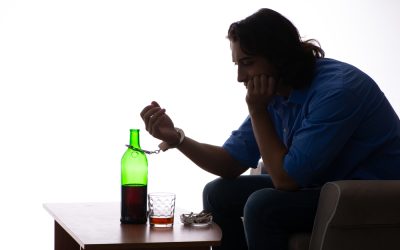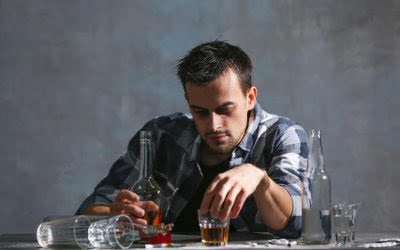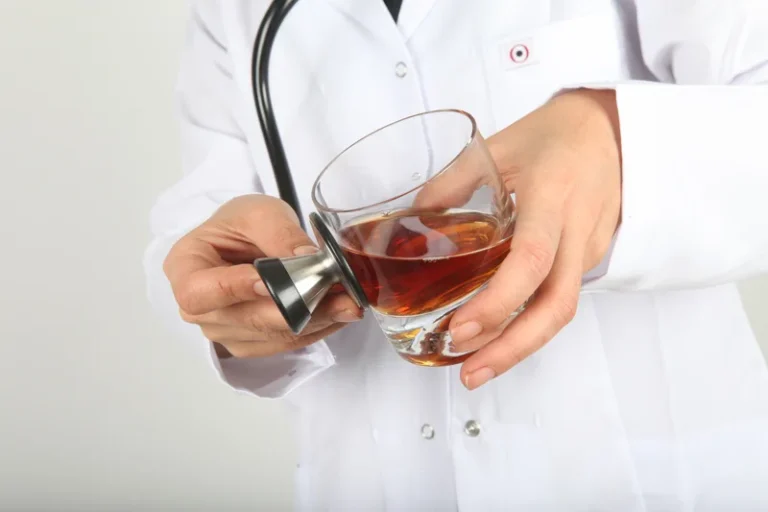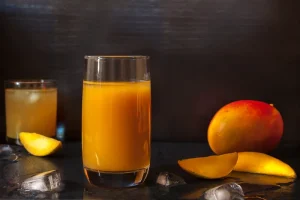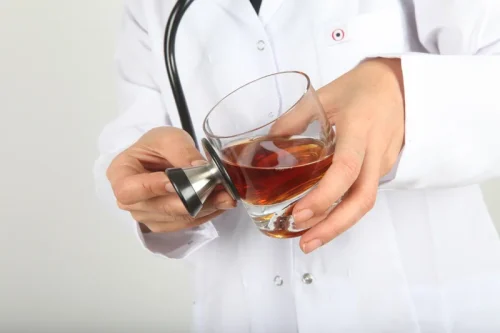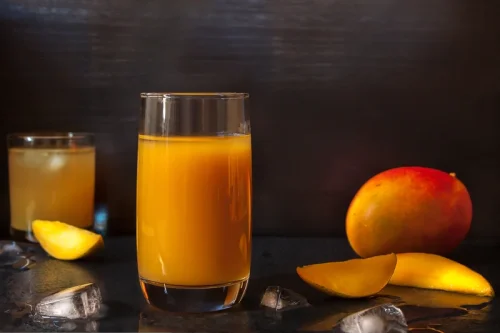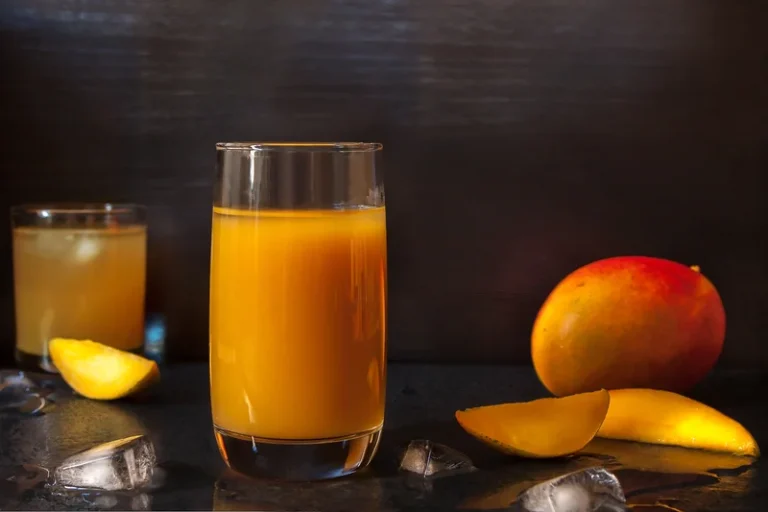
After graduating high school, he attended college at the University of Coastal Carolina & Salisbury University. In 2015, Corey was given the opportunity to join Amethyst Recovery Center’s Business Development team. In 2018, Corey had the opportunity to partner with Amethyst and USR to open The Freedom Center in his to hometown of Gaithersburg, MD. Throughout his tenure at The Freedom Center, he has strategically built relationship with referring providers, hospitals and local government leaders.
Gateway Foundation Hosts its Annual Connecting for Recovery Luncheon

Taking care of your health can help you weather all kinds of challenges more easily, including urges to drink. These behaviors and emotional concerns can strain your relationships and interactions with others, especially if alcohol use has already had a negative impact on your relationships. This is problematic because even though the substance use has ended, there hasn’t been any inner work done to resolve the internal issues that led to addiction in the first place.

Addiction Destroys Dreams, We Can Help
They have to learn how to face difficult emotions, without substances, and may even have trouble identifying what their own emotions even are. A person may also struggle with feelings of numbness or disconnectedness after stopping drug use. Having the support of a professional therapist can be tremendously helpful during your recovery process.

Dry drunk syndrome and co-occurring disorders
Erin is grateful to be a part of the dedicated, caring and compassionate Freedom Center Team. Along with the symptoms listed above, studies have revealed that Dry Drunk Syndrome can be heavily related to mood swings. Therefore, individuals coping with Dry Drunk Syndrome may also exhibit the following changes in their mood or emotional state. The strength to take such a step is incredible, and everyone will be behind this person 100 percent, but not everyone realizes the scope of the journey this person has in front of them.
It’s important to know that you are going to experience stress, anger, and sadness throughout your life and that those feelings are normal. There isn’t anything wrong with the feelings, but what you do with the feeling is what’s important. Try out new coping skills whether it’s talking to loved ones about what’s going on, engaging in physical activity, creating art, reading or going for walks, or anything that makes you feel good. Steeped in the 12-step philosophy and community, Shannon enthusiastically educates clients, especially newcomers in recovery, on the simple model and its transformative ways to a new life in sobriety. Recovering from alcohol addiction can be a long and challenging, but extremely rewarding experience for those who are strong and dedicated to getting better. However, there is a significant mental and emotional aspect to recovering from alcohol abuse as well.

That leaves you emotionally vulnerable to ultimately turn back to the substance at some point when you stop on your own with all the same emotional turmoil and react with the same stress and discord toward family and friends. When you go through specialist therapy to recover from dependency and alcoholism, you’re less likely to reestablish the habit. They haven’t dealt with the underlying issue that initially led them to alcohol, to begin with. Dry drunk syndrome is part of the phenomenon known as post-acute withdrawal syndrome (PAWS). When a heavy drinker quits drinking, their brain must adjust to the chemical damage that alcohol has caused. Originally coined by the dry drunk syndrome creators of Alcoholics Anonymous, dry drunk syndrome can have a negative impact on the process of giving up drinking both physically and mentally.
- In particular, she’s committed to helping decrease stigma around mental health issues.
- It’s about learning how to manage and regulate difficult emotions and the challenges of life as they arise.
- Talking to loved ones about your alcohol use and recovery process can help take some stress off your shoulders.
- This is a remarkable way to re-define relapse because it describes relapse as a process instead of a single event where the individual starts using again.
- This happens because the underlying issues that caused the first addiction haven’t been worked through.
You can add the following coping techniques into your lifestyle to help you manage your emotions and behaviors. You can also reach out to others who are in recovery from alcohol abuse. This is a crucial part of recovery because it helps you realize you are not the only one to face these problems.

Some might believe, “ok, once they quit, that’s it, done and done.” That’s not how it works, as a rule. Most don’t magically quit, turning their life into roses and sunshine. Learning the symptoms of dry drunk syndrome as well as a few strategies to better cope can help you or someone you love to move past this stumbling block toward lasting recovery. It’s best to have some kind of extra support during recovery, whether that’s a 12-step program or a regular appointment with a therapist who specializes in addiction counseling. Remember that addiction is a serious disease, and you’re doing the best you can. Try to nurture feelings of patience and self-love, especially on the days you feel those emotions the least.
- By Buddy TBuddy T is a writer and founding member of the Online Al-Anon Outreach Committee with decades of experience writing about alcoholism.
- I have experience working in psychiatric hospitals, inpatient, outpatient, detox, and partial hospitalization programs providing clinical social work services.
- Being born and raised in Gaithersburg, Maryland, it was always a dream for James to start a program where he began his own recovery journey.
- In lieu of relapsing on the substance of choice, many people can develop secondary addictions when they are experiencing dry drunk syndrome.
- Being too hard on yourself will only make you feel hopeless and unable to manage your symptoms.
- They may seem simple and unsurprising, but they do work for many people.
- This is problematic because even though the substance use has ended, there hasn’t been any inner work done to resolve the internal issues that led to addiction in the first place.
- This profound personal connection fuels her passion for working in the field and enables her to bring a unique blend of empathy and expertise to her role.
Leaning on your loved ones is a great way to feel supported and safe enough to explore your inner self. You can spend more time with family and friends who you love, and who make you feel good about yourself. You can get in touch with old drug addiction friends you had before you started using. When people are experiencing dry drunk syndrome, they’re often closed off, have many walls up, feel like they need to be defensive, and can be easily irritable.

.jpg)
.jpg)
.jpg)

